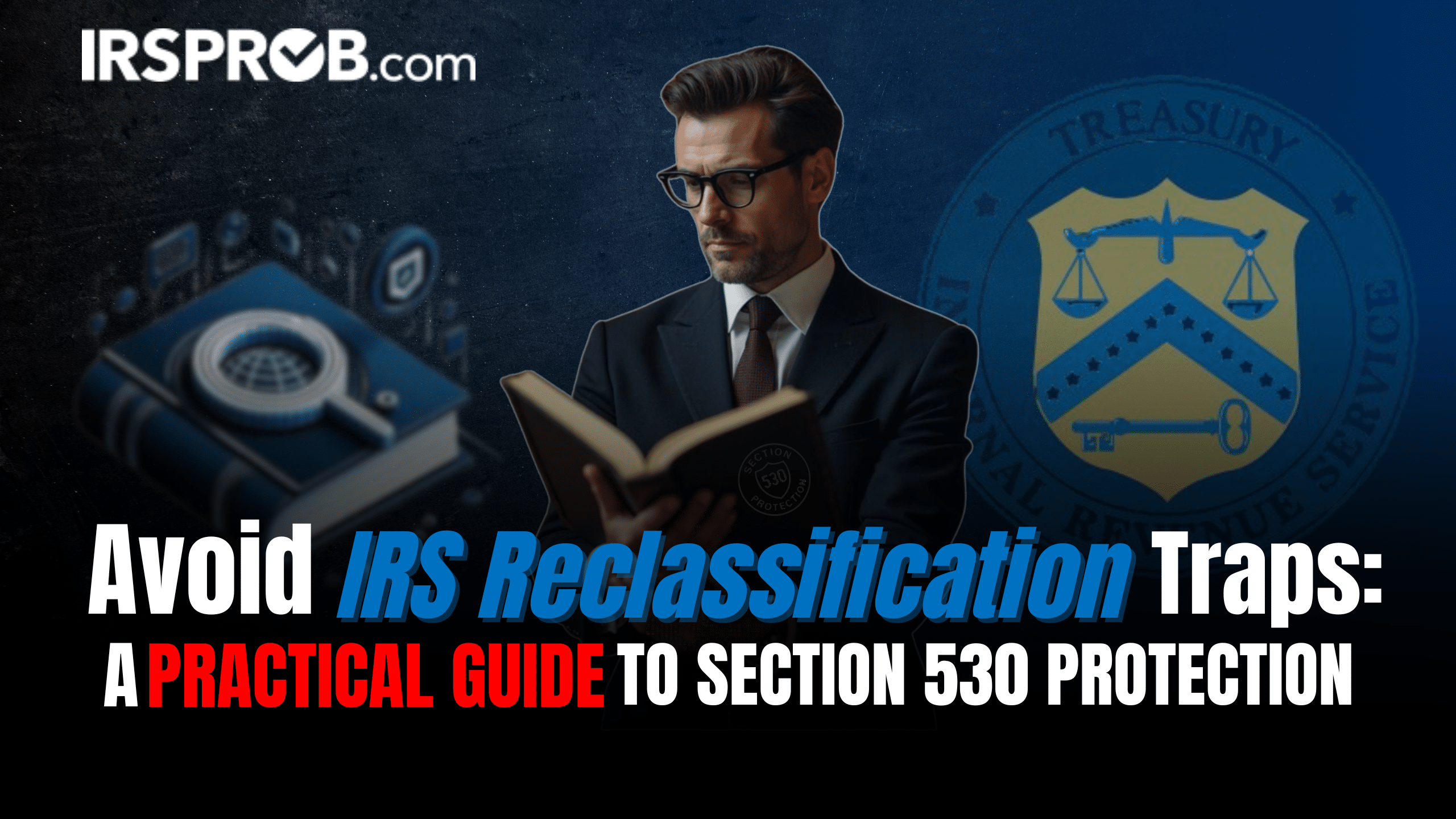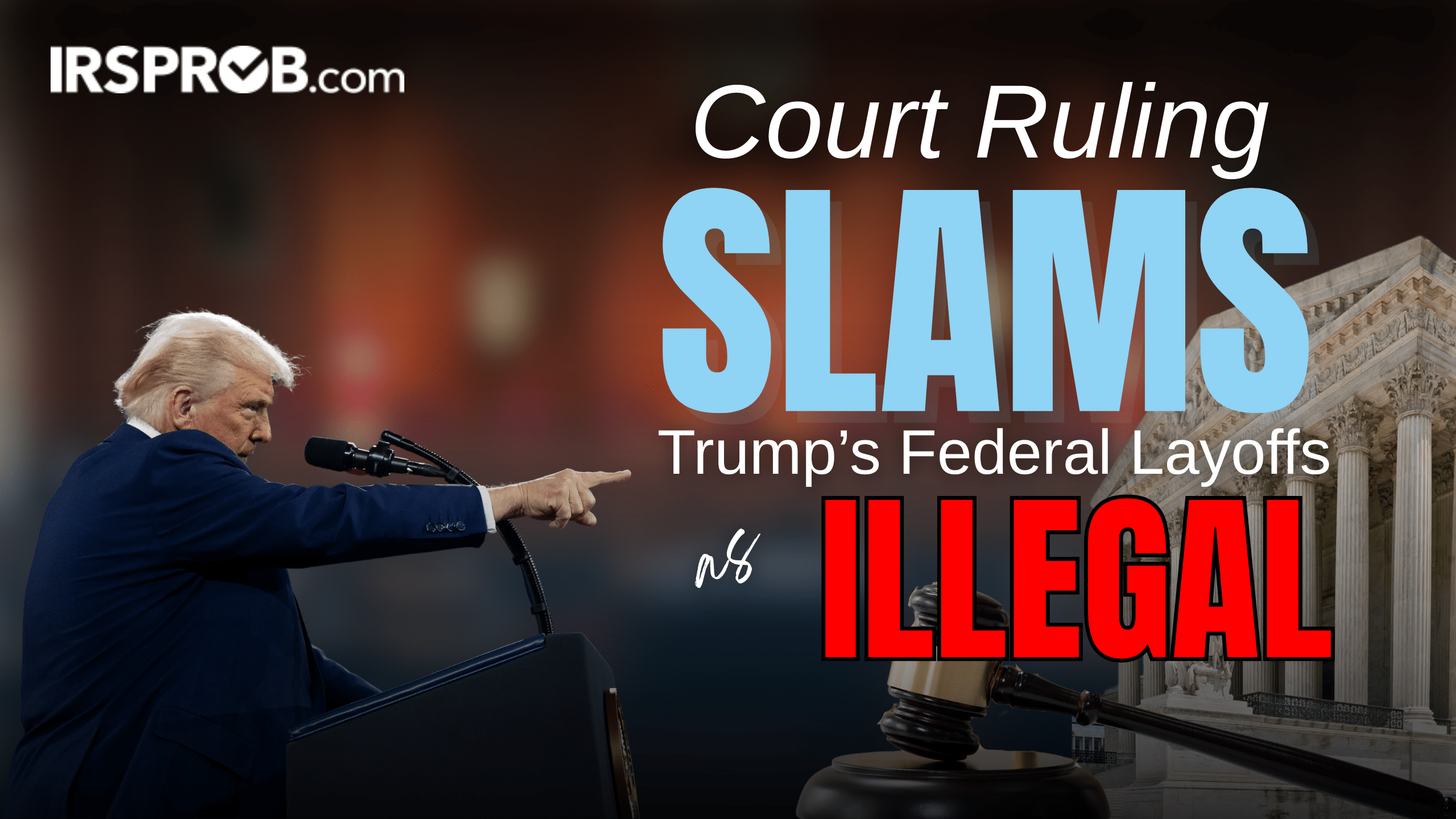
In a recent case that serves as a reminder to business owners about the severe consequences of tax evasion, a Guilford, Connecticut business owner was sentenced to prison for failing to meet tax obligations. This case highlights critical lessons for business owners about tax compliance and the repercussions of neglecting tax responsibilities.
Overview of the Case
The Guilford business owner, who operated a local business, faced criminal charges for willfully failing to pay employment taxes. According to the IRS, the business owner withheld payroll taxes from employees but failed to remit them to the IRS over several years. This resulted in significant unpaid taxes, which ultimately led to a prison sentence.
For any business owner, understanding tax obligations and adhering to them is essential. In this case, the business owner failed to comply with employment tax requirements, a common area of misunderstanding and oversight among business operators.
Understanding Employment Tax Obligations
Employment taxes include federal income tax, Social Security, and Medicare taxes withheld from employees’ paychecks, which must be reported and paid to the IRS. Employers are also responsible for their share of Social Security and Medicare taxes, in addition to federal unemployment taxes.
Failing to pay these taxes can lead to severe penalties and interest, as well as potential criminal charges, as illustrated by this case. The IRS is particularly vigilant about enforcing employment tax compliance because it directly affects employees’ benefits and the overall Social Security and Medicare systems.
Consequences of Failing to Comply with Employment Taxes
The IRS takes employment tax violations seriously. In this case, the business owner faced criminal charges under Internal Revenue Code (IRC) § 7202, which penalizes the willful failure to collect, account for, or pay over tax. Consequences can include:
- Penalties and Interest: Unpaid taxes accrue penalties and interest over time, increasing the total debt owed. The penalty for failing to pay employment taxes can be as high as 100% of the unpaid amount, also known as the Trust Fund Recovery Penalty (TFRP).
- Criminal Charges: Willful failure to pay over taxes can lead to criminal prosecution. Convictions under IRC § 7202 can result in up to five years of imprisonment, along with substantial fines.
- Damage to Business Reputation: Criminal charges and prison sentences can damage a business’s reputation, potentially leading to a loss of customers and partnerships. Business owners risk not only financial loss but also a significant impact on their professional relationships and future prospects.
Lessons for Business Owners: Preventing Tax Issues
To avoid similar issues, business owners should prioritize accurate record-keeping and timely tax payments. Here are key steps that can help:
- Understand Your Tax Obligations: Consult with a tax professional to ensure you fully understand your responsibilities. Staying informed about your tax obligations can help you avoid accidental oversights.
- Implement Strong Internal Controls: Consider hiring a payroll service provider to handle payroll taxes, which can reduce the risk of mistakes or missed deadlines. Strong internal controls can also help detect discrepancies early, minimizing potential penalties.
- Set Aside Funds for Tax Payments: Allocate funds specifically for payroll taxes to ensure that you have enough set aside to meet these obligations. Many business owners find it helpful to keep these funds in a separate account to prevent accidental misuse.
- Stay Current with IRS Notices: The IRS regularly communicates with taxpayers regarding their accounts. Ignoring these notices can lead to increased penalties and interest. Stay on top of any IRS communications and act promptly if issues arise.
- Seek Professional Advice: A tax advisor can provide guidance on handling employment taxes and other tax issues specific to your business. Tax professionals can also assist in negotiating with the IRS if you find yourself facing penalties or collections.
Final Thoughts
The Guilford business owner’s case underscores the importance of complying with tax laws and the severe consequences that can arise from non-compliance. For business owners, understanding and adhering to employment tax obligations is essential to avoid legal trouble and ensure the financial stability of their operations.
Staying proactive about tax compliance, maintaining accurate records, and seeking professional guidance are all critical steps in protecting your business from potential pitfalls. Remember, the IRS has significant power to enforce compliance, and overlooking these responsibilities can lead to substantial financial and legal consequences.








